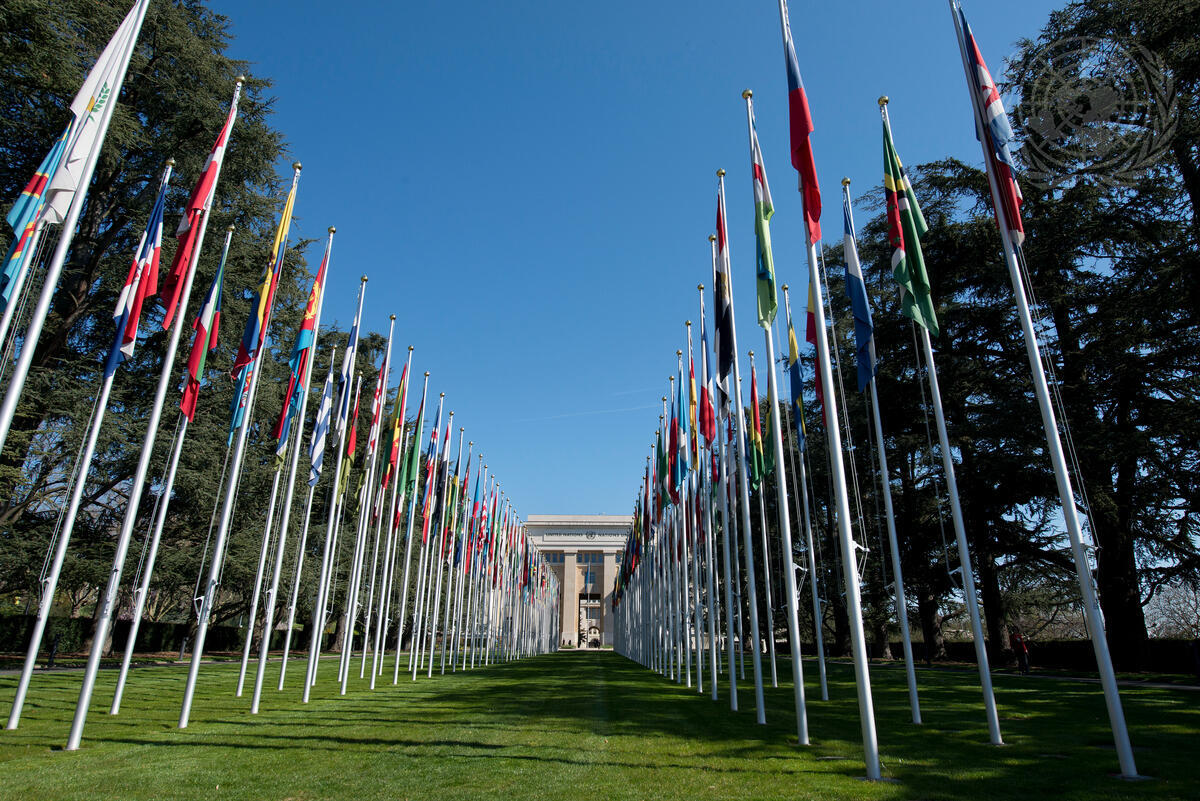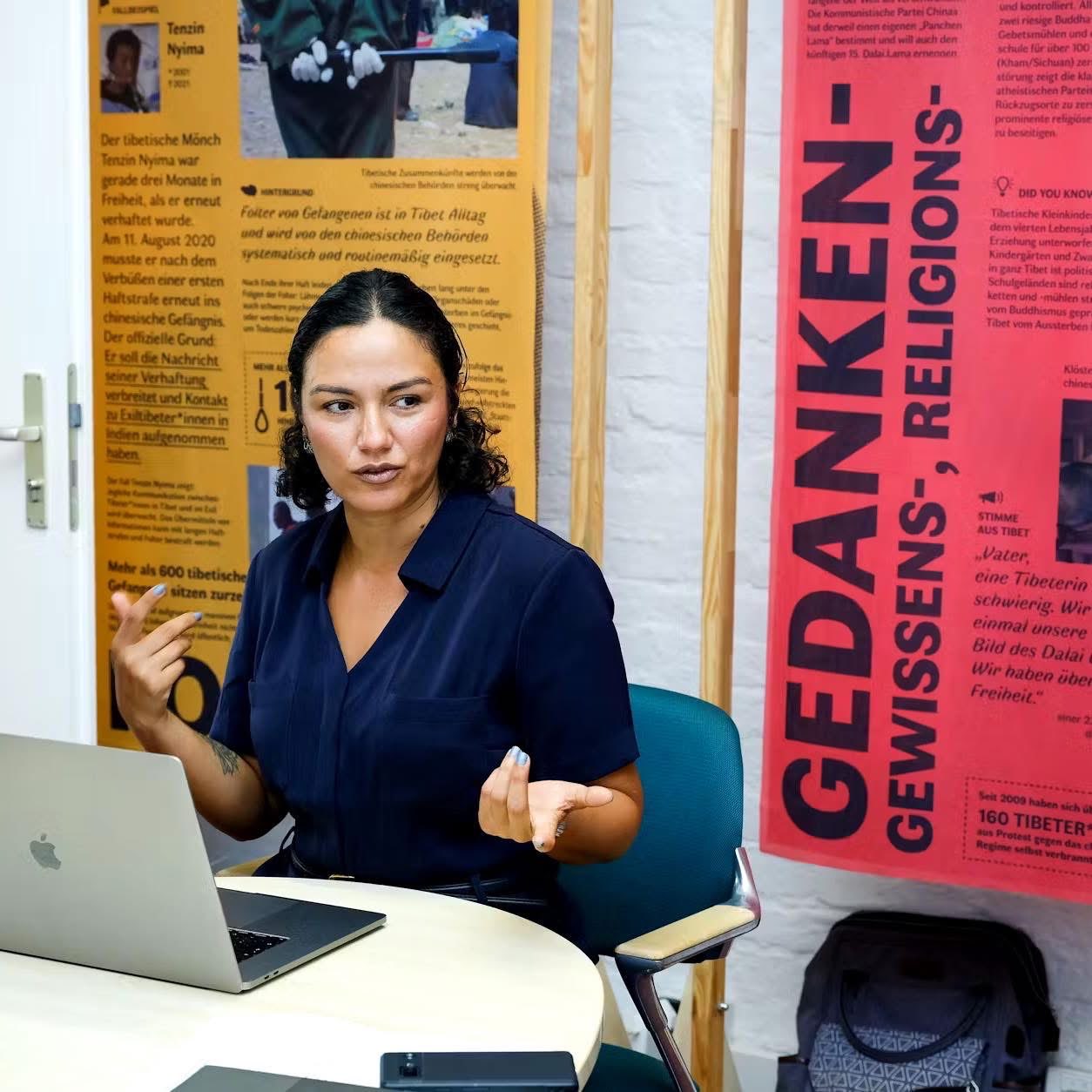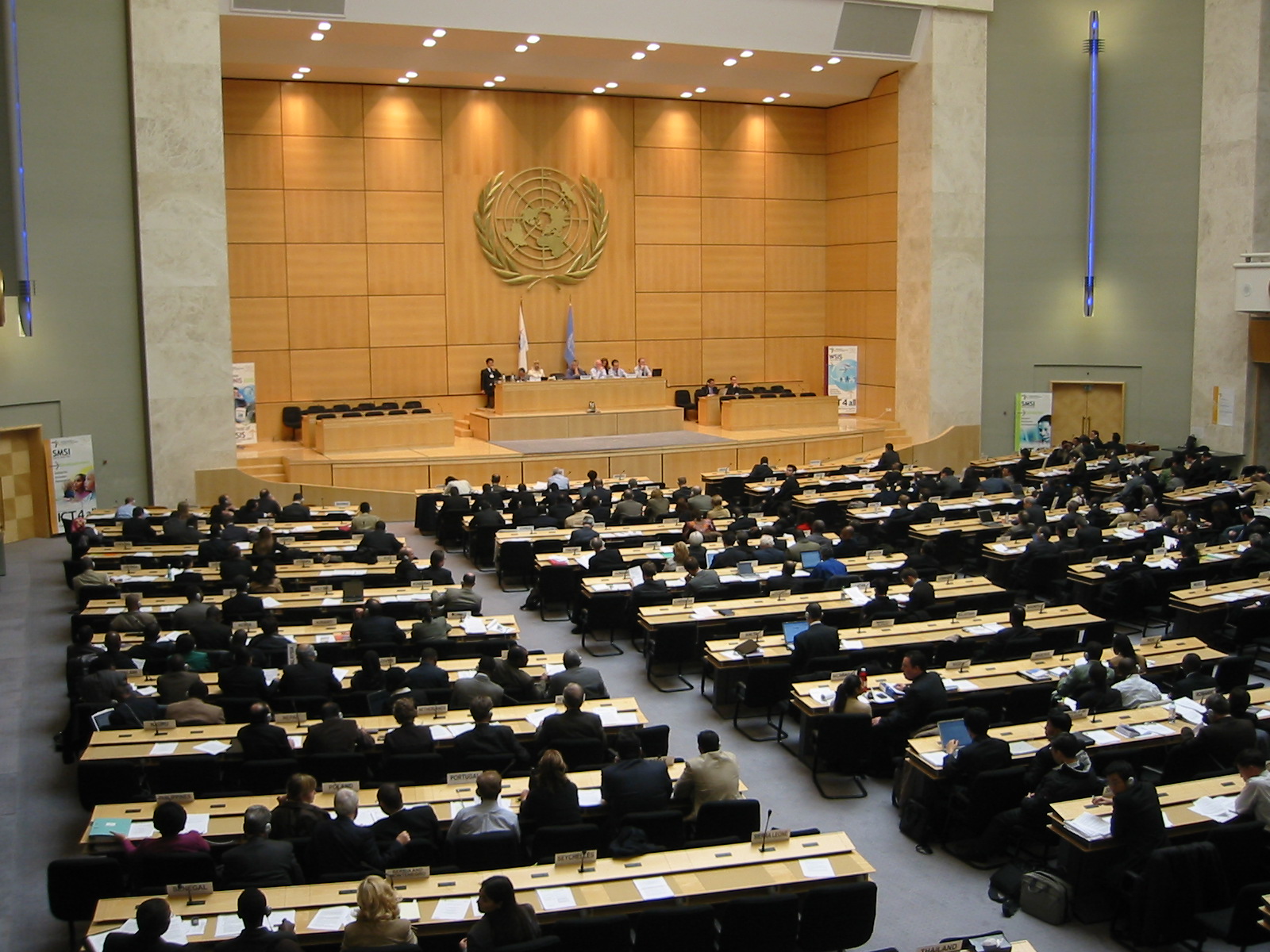Transnational repression (TNR) has become a concerningly wide practice in recent years as human rights defenders, journalists and other individuals in exile face increasing threats and attacks due their work.
According to a new report by the UN Special Rapporteur on freedom of expression, ‘the term “transnational repression” has been used by some organisations to denote human rights violations committed by States outside their own territorial jurisdiction in order to intimidate and silence dissent among the diaspora and exiles. It includes physical, legal and digital threats, ranging from physical violence, murder, extradition, renditions and legal prosecution in absentia to online violence, digital surveillance, hacking or the blocking of websites and the disruption of Internet connections. Online attacks can have offline consequences’.
From a legal perspective, while the State perpetrating the repressive acts should be held accountable, the ‘host’ State in which the violations occur has a duty to respond through measures of protection, investigation and accountability.
‘In addition to refraining from all acts of transnational repression, it is vital that all States cease supporting or acquiescing in acts of transnational repression (such as through mutual legal assistance, extradition or refoulement to States engaged in the persecution of defenders), refuse to provide the tools of transnational repression (such as spyware and arms), and build community awareness and law enforcement capabilities to recognise, report and respond to acts of transnational repression,’ said ISHR Executive Director Phil Lynch in a recent address to the Council of Europe Steering Committee on Human Rights in Helsinki.
Basma Mostafa, an Egyptian journalist and women human rights defender exiled in Germany, is one of the many targets of TNR, and took action against it.
Exile is often described as a form of safety — but for many of us, it becomes an extended battleground. The violence doesn’t end at the border; it follows you — through threats, surveillance, and even physical attacks in broad daylight, in so-called democratic countries. What I’ve experienced in Germany, Switzerland and Kenya is not a personal tragedy — it’s part of a growing, deliberate pattern.
Basma Mostafa, journalist and women human rights defender
The cost of exposing rights abuses in Egypt
Exposing human rights violations in Egypt came with a high personal cost for Basma and her family. Basma has endeavoured to reveal systematic injustices in Egypt, from torture and enforced disappearances to extrajudicial killings, landing her in detention for her legitimate work. Following a sustained campaign of intimidation, she was forced to leave Egypt in 2020 with her two daughters. From being forcibly disappeared to being assaulted both in Egypt and abroad, Basma’s experience is an example of the rising practice of TNR to silence the vital work of human rights defenders.
‘There is a clear pattern in which authoritarian regimes use transnational repression to send a message: no matter where you are, we can still reach you. This is not a side effect. It’s not a coincidence. It is a strategy — a calculated effort to silence dissent, and we must name it as such’, said Basma Mostafa.
As one of Egypt’s leading investigative journalists, Basma’s exile journey lasted nine months. She had to move through Lebanon, Kenya and Germany. Although leaving Egypt seemed a safe choice, it was not a privilege Basma enjoyed for long, as she was assaulted during a press conference in Germany. She has also been subject to acts of repression by Egyptian authorities or their proxies in Switzerland and Kenya. In Geneva, as a participant of ISHR’s 2024 Human Rights Defender Advocacy Programme, Basma was directly threatened with arrest inside her hotel. Like other defenders committed to truth-seeking and upholding the highest human rights standards, Basma continued her work from exile despite the risks, co-founding the Law and Democracy Support Foundation e.V. in Berlin, which provides psychosocial and logistical support to defenders in exile, with a focus on Egypt and the Middle East. Her organisation also works on international accountability for human rights violations, advocating for detained journalists in Egypt.
Thanks to sustained advocacy and documentation by activists and NGOs, Basma’s case has now been officially raised in a letter sent by five UN Special Rapporteurs (the Special Rapporteur on freedom of opinion and expression; the Working Group on Enforced or Involuntary Disappearances; the Special Rapporteur on peaceful assembly and association; the Special Rapporteur on human rights defenders and the Working Group on discrimination against women and girls) to the governments of Egypt, Germany and Switzerland. As a result, the German Federal Government Commissioner for Human Rights issued a statement on 16 April 2025, where he condemned the acts of intimidation Basma faced and urged the Egyptian government to respond.
This letter marked a critical moment of recognition for Basma, acknowledging the acts of TNR she faced, and a step forward in international efforts to address TNR. Her case is still under investigation in Germany.
However, Basma is not the only activist at risk. Other human rights defenders face the same challenges and continue to be threatened. In a recent escalation of their strategy to muzzle dissent abroad, Hong Kong authorities arrested the father of prominent advocate Anna Kwok, one of the 19 exiled activists who the government targeted with arbitrary arrest warrants and bounties.
When safety becomes conditional, so does democracy. We don’t need more praise — we need protection. We don’t need to be admired for our resilience — we need systems that prevent the violence in the first place. It is time to stop asking survivors to carry the burden of proof. It is time to ask: what will you do, now that you know?
Basma Mostafa
How to move forward?
UN human rights bodies are increasingly documenting the scope and impact of TNR, including reports and statements by the UN Special Rapporteur on freedom of expression, the UN Special Rapporteur on Eritrea and the UN Special Rapporteur on counter-terrorism, among others. TNR has also been addressed by the Council of Europe’s Committee on Legal Affairs and Human Rights, and other NGOs including Amnesty International, Human Rights Watch, Freedom House, and the Uyghur Human Rights Project.
Yet much remains to be done to better prevent and respond to acts of TNR, and protect and provide adequate support to victims.
ISHR urges UN Member States to take prompt and coordinated action to address patterns of TNR, including by:
- publicly denouncing, investigating and pursuing accountability for acts of TNR. This includes issuing public statements, including at the Human Rights Council, to showcase public support for victims and exert pressure on perpetrators, increasing the cost of committing acts of TNR.
- establishing effective protection and rapid response mechanisms for human rights defenders at risk, ensuring that they are meaningfully included and mechanisms are responsive to their needs. This should include developing and implementing dedicated, robust digital safety protocols and support mechanisms to protect them from online surveillance, hacking attempts, harassment, and other forms of digital TNR.
- disseminating and implementing provisions of the Declaration +25 on Human Rights Defenders, which includes guidance to States regarding TNR.
- refraining from supporting or acquiescing in acts of TNR (such as through mutual legal assistance, extradition or refoulement to States engaged in the persecution of human rights defenders)
- refraining from providing the tools of TNR (such as spyware and arms)
- building community awareness, and law enforcement capabilities, to recognise, report and respond to acts of TNR
- prioritising human rights in foreign policy and relations both at the bilateral and multilateral levels, adopting a principled and consistent approach to human rights in all situations, without selectivity and without discrimination.
We cannot afford to treat transnational repression as an unfortunate anomaly or a niche concern. If democratic governments truly believe in protecting human rights, they must start by protecting those who defend them. This means shifting from symbolic statements to structural protections — legal, institutional, and immediate. Safety is not a favour. It is a fundamental right — and our ability to speak, work, and organise depends on it.
Basma Mostafa
This article is based on an interview conducted by Balkis Chaabane with Basma Mostafa on 16 May 2025.
Author
Salomé Boucif
Salomé leads our work on trainings and capacity development initiatives online and offline, such as the Human Rights Defender Advocacy Programme and the ISHR Academy. Salomé has over 9 years’ experience working in the humanitarian sector in the field of access to education and advocacy as a project manager.




